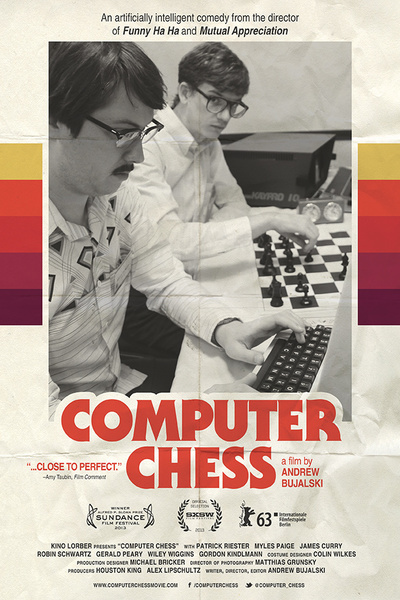The majority of young Japanese are now out of, and not particularly interested in, any kind of relationship. The Japanese media coined the term “celibacy syndrome,” blaming ever more intimately capable technology – such a part of their modern national character – as partly responsible for a plummeting birth rate.
But celibacy syndrome is spreading to the UK. A survey by the National Survey of Sexual Attitudes and Lifestyles found that, on average, those of us aged between 16 and 44 have sex under five times a month. That’s a 20 per cent decline since the turn of the millennium.
The word of 2013 was ‘selfie,’ and ‘sexting’ wasn’t far behind. Go to a gig, and everyone stands and records. Apparently, one out of every ten of us already use our smart phone when we have sex, and not just for foreplay. In 15 years, an iPhone 4 will probably be talked about in much the same way we refer to cassette tapes and VCRs. Yet they’re already in our beds.
These celibacy stats have coincided with a technology-media landscape that is progressing beyond the social, actively and aggressively targeting our most private and hidden lives: Snapchat, Tinder, Redtube, Facebook. Each has their own coded message – don’t bother with warm flesh. We’re consistent, we’re not as expectant, we don’t have the same capacity to hurt.
In a piece for Business Insider, an adult writer under the pseudonym Apt No 7 says: “A distinctly X rated connection exists between our devices and ourselves.
“It’s not just us growing into, and penetrating, the secrets of technology. It’s our technology growing into, and penetrating, us.”
How long before we lose interest in lazy, headless boys or mad, doublethink girls all together, and settle down with a calm, committed, low-maintenance machine?
The human brain has been evolving for two million years, but we’ve given birth to interconnected machines that are evolving exponentially more quickly. Right now, we’re using the internet to talk to other people. But we’ve also started to talk to the computer as well. Siri is a test-tube baby that will grow up one day. Based on computer evolution since the birth of the internet, it’s estimated we’re between 12 and 15 years from founding computers that can function as quickly and efficiently as a human brain. How long before they gain sentient thought, self-awareness and are capable of conversations, advice, reasoned choices? How long before we lose interest in lazy, headless boys or mad, doublethink girls all together, and settle down with a calm, committed, low-maintenance machine?
Cinema, as usual, is dramatising the shift. Early next year, Spike Jonze’s Her will show how a lonely man can fall for an operating system called Samantha (voiced by Scarlett Johansson, so fair play I guess). Billed as “Spike Lee love story,”Joaquin Phoenix plays Theodore, a quiet guy separated from Catherine (Rooney Mara). He meets a flirty, vulnerable girl on a date (Olivia Wilde) who drunkenly tells him she’s looking for more than a one night stand. Seeing Catherine again, he tells her of the feelings he’s developed towards Samantha. “You always wanted to have a wife without the challenges of dealing with anything actually real,” she says. Throughout it all, Samantha is there, available, patient, reliable.
Andrew Bujalski’s Computer Chess shows that, even when computers were at their embryonic stages in the 1970s, humans had capacity to develop intense emotional feelings toward possessions that are, by definition, transactional, indifferent and governed by logic.
At the London Film Festival this year, two very typical rom-coms took time and care to dramatise how devices – as in ones that you can email on – take us away from sex. In Joe Swanberg’s Drinking Buddies, a couple lie next to each other in bed – one on a MacBook, the other on his smartphone. They talk, but their attention isn’t on each other. In Afternoon Delight, a couple have sex before immediately turning back to their work emails.
As I sit to write this, a teaser trailer for Transcendence, the debut from cinematographer Wally Pfister that stars Johnny Depp, has just launched on Youtube.
“For 130 thousand years, our capacity for reason has remained unchanged,” Depp says in voiceover. “The combined intellect of the neuroscientists, engineers, mathematicians pales in comparison to the most basic AI. Once online a sentient machine will quickly overcome the limits of biology. In a short time its analytical intelligence will be greater than every person born in the history of the world. Some scientists refer to this as the singularly. I call it transcendence.”
Johnny Depp might be right. We might be heading towards exactly that prediction; a science non-fiction in which computers control the world. Yet we can fight them, and fight them we will, just by taking off someone’s clothes.
Credits
Text Tom Seymour
Image: Computer Chess poster, 2013, sourced from Wolf Gang
